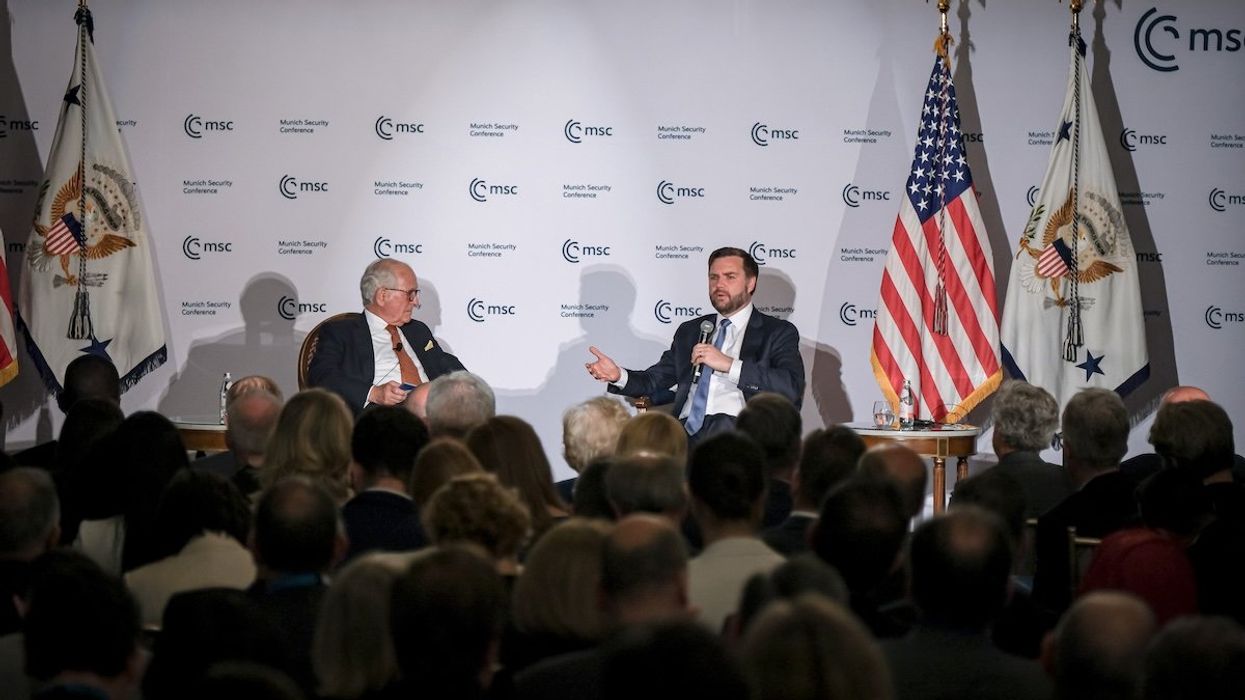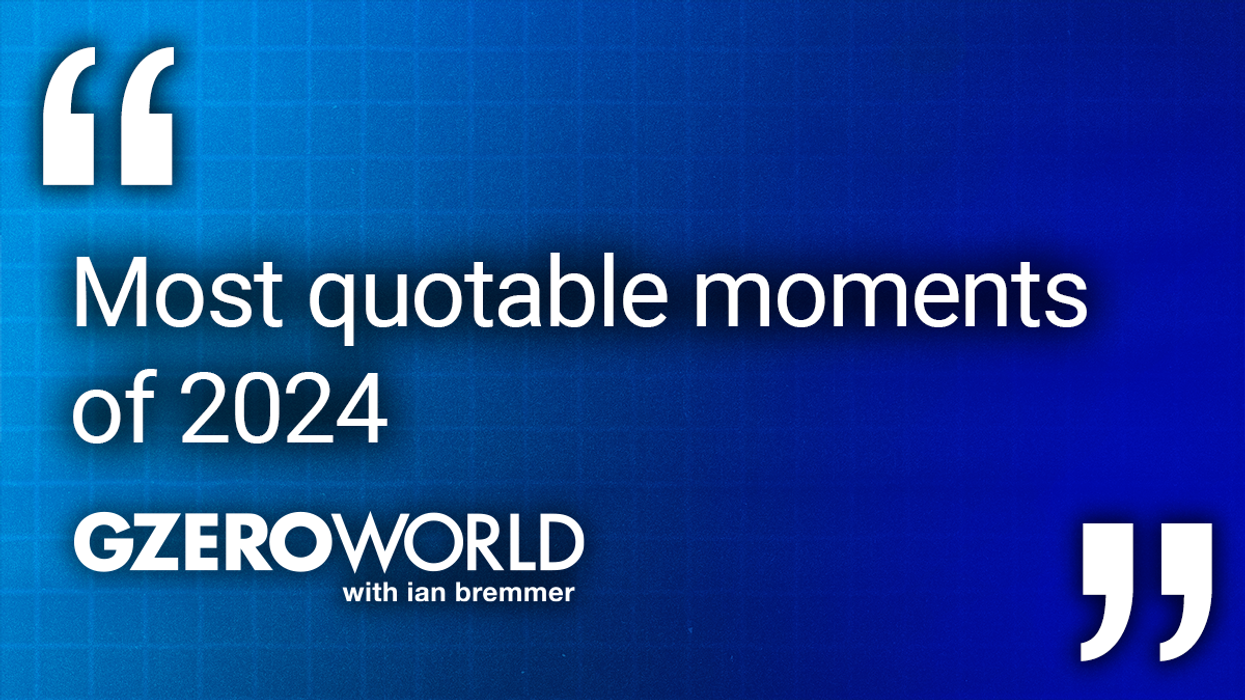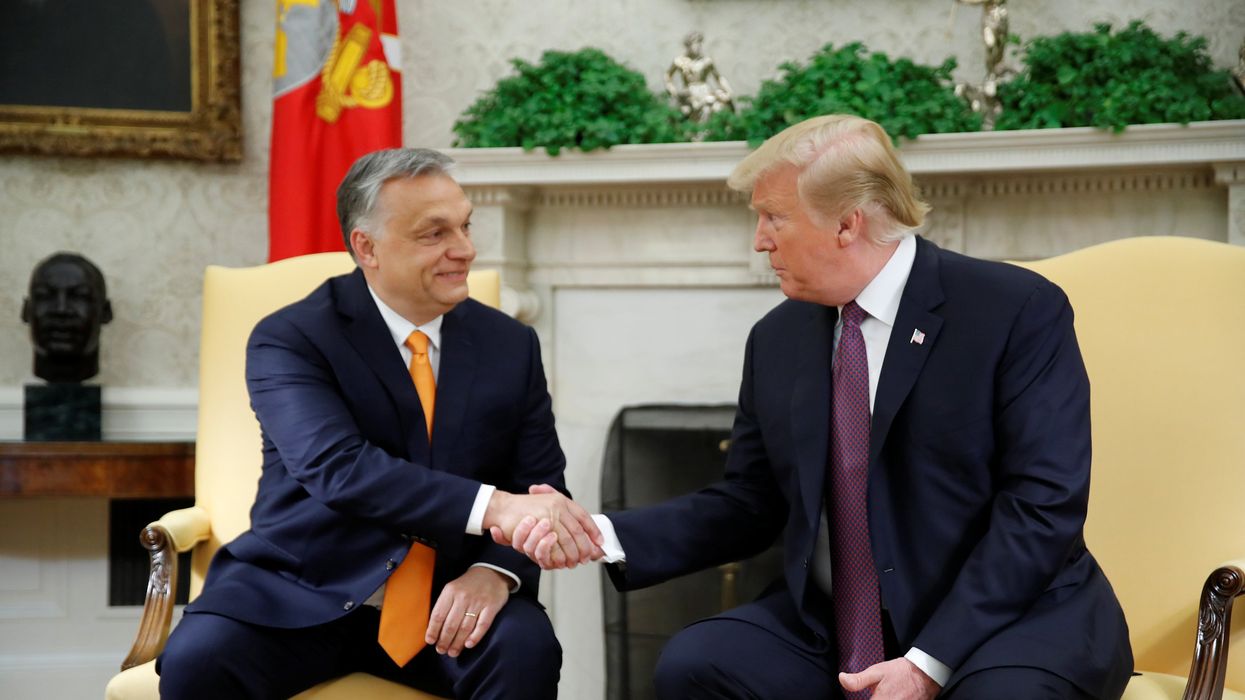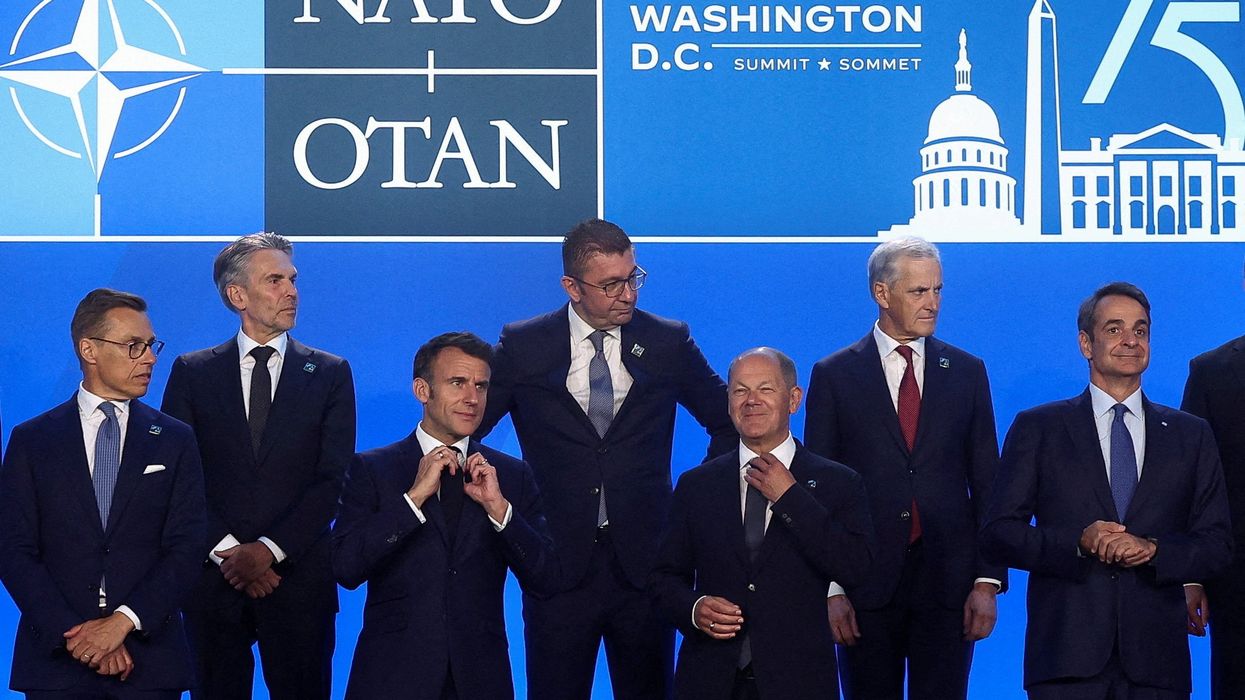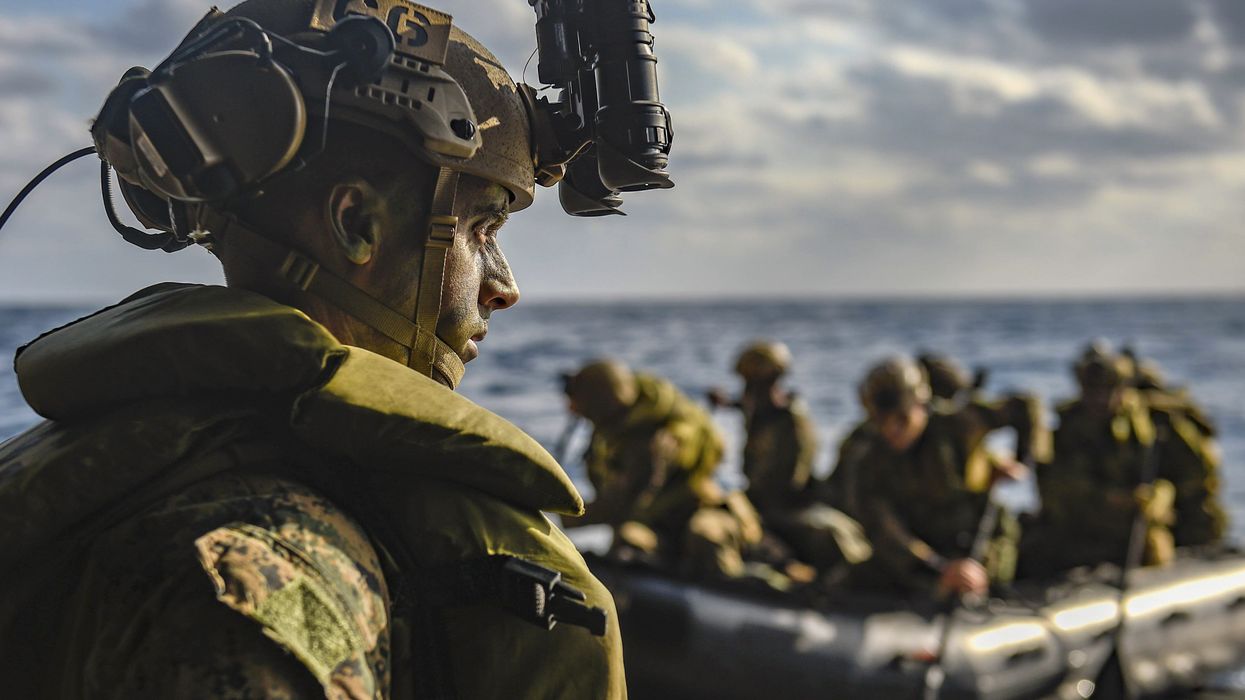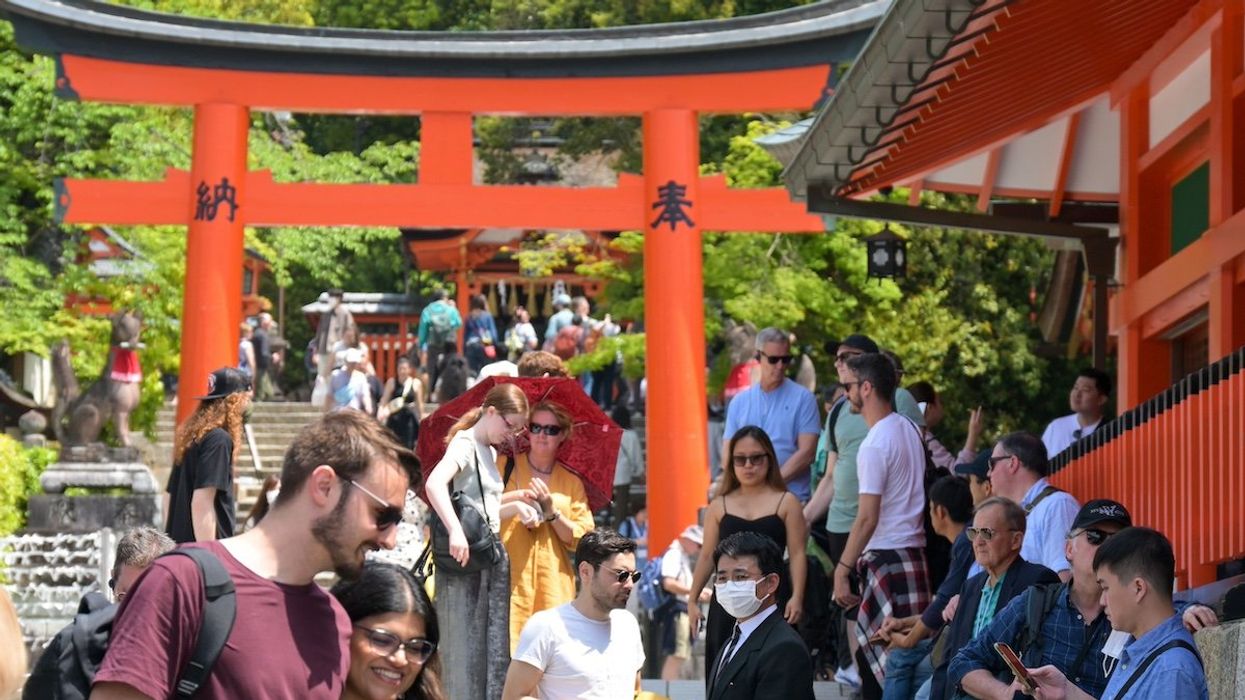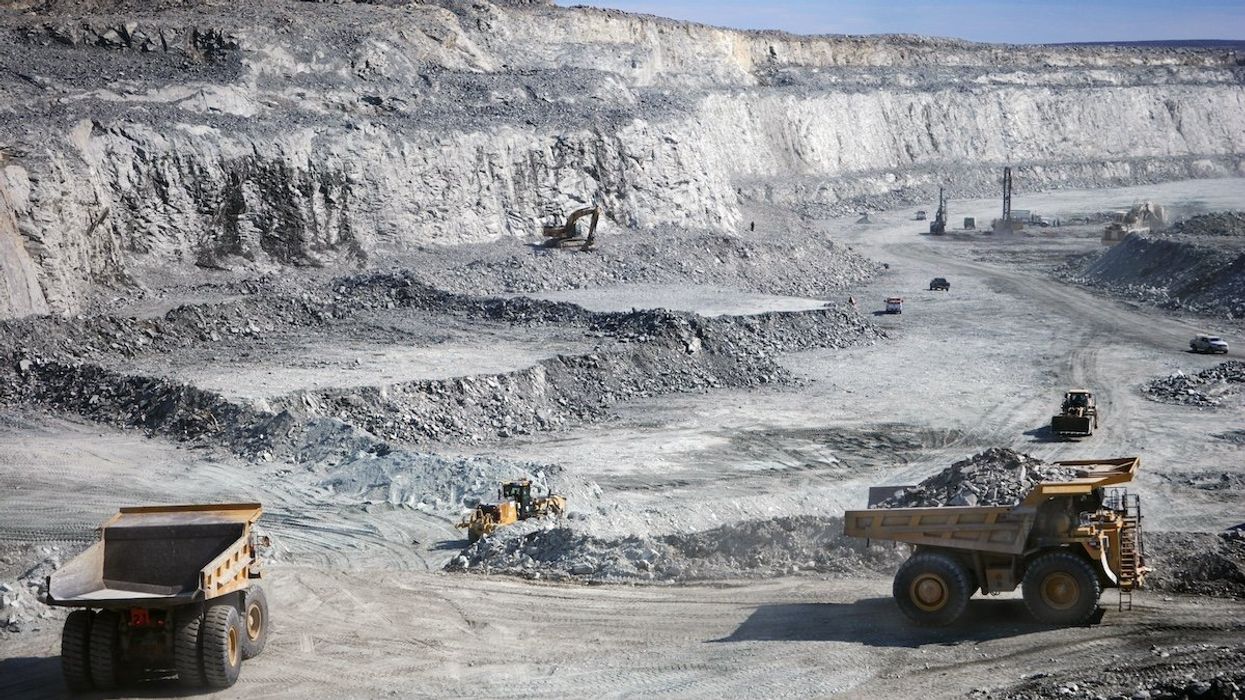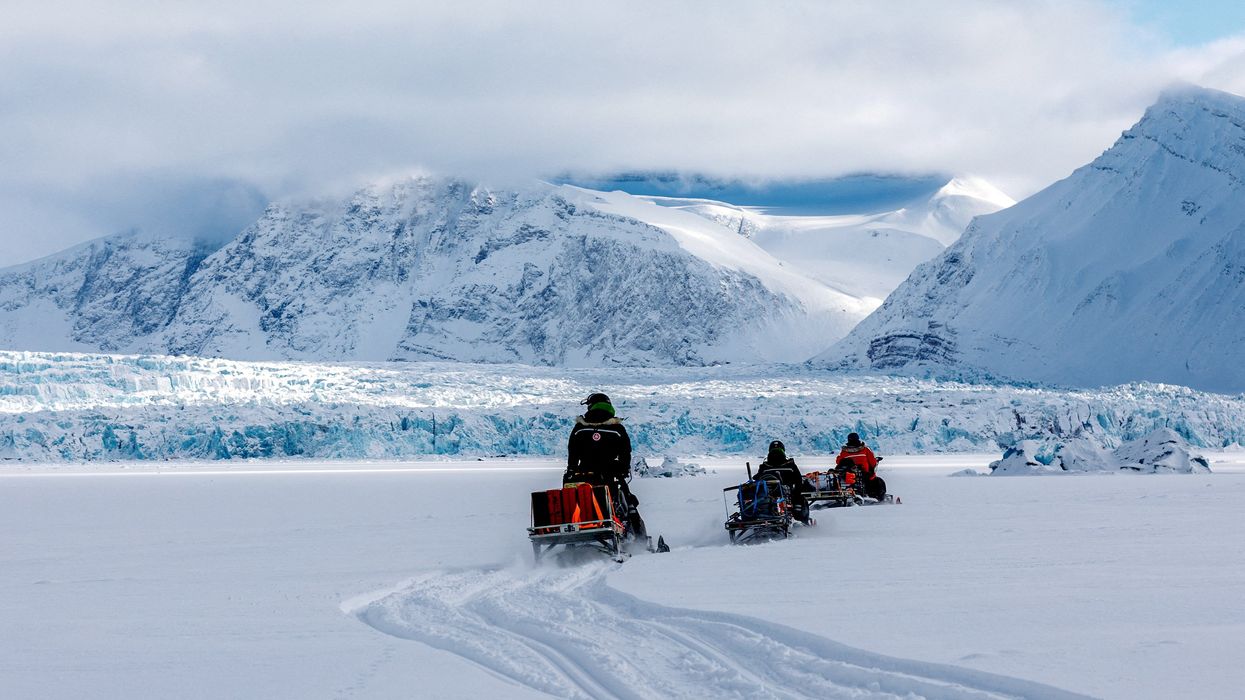VIDEOSGZERO World with Ian BremmerQuick TakePUPPET REGIMEIan ExplainsGZERO ReportsAsk IanGlobal Stage
Site Navigation
Search
Human content,
AI powered search.
Latest Stories
Sign up for GZERO Daily.
Get our latest updates and insights delivered to your inbox.
Global Stage: Live from Munich
WATCH RECORDING
Emilie Macfie
Social Media Manager
Emilie Macfie is a contributing writer on Arctic and polar geopolitics for the GZERO Daily. She holds a Master of Arts in International Affairs from the Norman Paterson School of International Affairs in Ottawa, Canada, where she specialized in the Canadian perspective on Arctic geopolitics and North American continental defense. She also holds a Bachelor of Arts in Political Science and Economics from McGill University in Montreal, Canada.
Fields of expertise
Arctic and polar geopolitics
Education
McGill University; Carleton University's Norman Paterson School of International Affairs
Contact:
X: https://twitter.com/emiliemacfie
Linkedin: https://www.linkedin.com/in/emilie-macfie/
Instagram: https://www.instagram.com/emmacfie/
